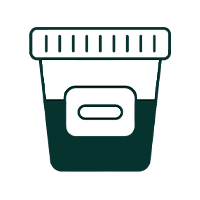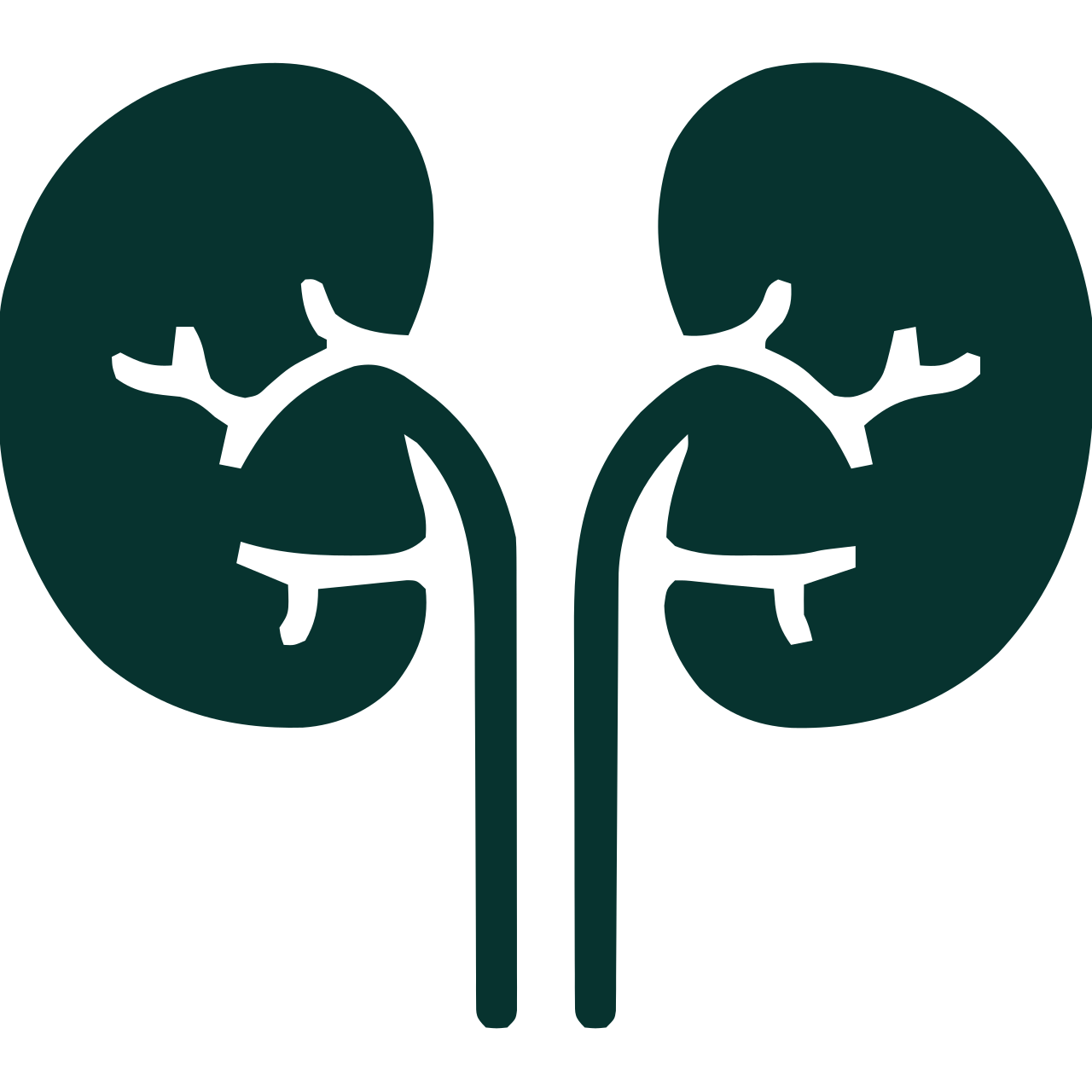What is Polycystic Kidney Disease?
Polycystic kidney disease (PKD) is a renal disorder that you inherit from your parents. In this medical condition, a cluster or clusters of cysts develop in the kidneys. These cysts may develop either on the inside or outside the kidneys. As the number of cysts increases, this results in compromised renal functions and damaged kidneys. Cysts are sacs that are round in shape with varied sizes and they are usually benign. Polycystic kidney disease natural treatment may include Ayurvedic herbs, healing therapies, lifestyle modifications, etc.
Symptoms of Polycystic Kidney Disease
- High blood pressure
- Persistent back or side pain
- Increased abdomen size
- Blood in the urine
- Higher tendency to get bladder or kidney infections
Causes of PKD
PKD is genetic in nature, i.e. you inherit it from your parents. Mutations or defects in the genes are the most common causes of PKD.
Who is at a Higher Risk?
- Those who have a family history of PKD
- If you are aged between 30-40
- If you suffer from proteinuria
How to Diagnose PKD?
PKD is diagnosed via the following methods:
- Imaging studies like ultrasound
- Blood tests
- Urine tests
- Physical exam
- Genetic test
Complications of PKD
- Hypertension
- Preeclampsia (a medical emergency for pregnant ladies
- Kidney stones
- Pancreatic cysts
Ballooning of the arteries
Polycystic Kidney Disease Natural Treatment
Polycystic kidney disease's natural cure is comprehensive and leaves very few side effects. PKD's natural treatment revolves around the appropriate use of lifestyle modifications, Ayurvedic medicines, and diet changes. The natural treatment of PKD ensures that not only PKD is cured, but overall renal health also improves.
Herbal Medicine for Polycystic Kidney Disease
- Shatavari – The rejuvenating properties of Shatavari have been proven to stimulate the regeneration of damaged kidney cells. This results in healthier kidneys. Additionally, Shatavari has also been found effective in preventing the formation of cysts in the kidneys. Consuming this herb can contribute to improved renal health.
- Punarnava – Punarnava not only helps reduce creatinine levels in the body, but it also has rejuvenating properties. This implies that consuming this herb may help in repairing damaged renal tissues. Punarnava is also linked with improved cardiovascular health in PKD patients. However, you are advised to get a piece of advice from your doctor before you consume any herb for treating your renal disorders.
- Kultha – Kultha has antilithic (stone-breaking) properties, i.e. it breaks kidney stones into smaller fragments in the body. Consuming Kultha may help inhibit the formation of renal stones. Additionally, this herb is also helpful in strengthening overall renal functions.
- Pashanbheda – Pashanbheda has anti-diabetic properties, regulating blood sugar levels and helping maintain healthy blood pressure.
- Bhumi Amla – Bhumi Amla comes with many benefits such as reducing high blood pressure, removing toxins from the body, keeping a check on blood sugar levels in the body, etc.
Natural Remedies for Polycystic Kidney Disease
Polycystic Kidney Disease natural cure is incomplete without appropriate lifestyle modifications. Lifestyle changes that have been found helpful in managing symptoms in PKD patients are:
- Aim to maintain a healthy blood pressure and blood sugar level. Hypertension and diabetes have a damaging impact on the kidneys. High blood pressure often causes a narrowing of the blood vessels inside our body. These blood vessels enter our kidneys, damaging the tissues, and eventually leading to poor renal health in the long run.
- Exercise daily for effective weight management and to improve cardiovascular health. If you are a PKD patient, do not exercise heavily. Opt for low-impact exercises like swimming or mild jogging.
- Stay away from alcohol and tobacco for healthier kidneys. Both alcohol and tobacco are damaging to our kidneys.
- High-protein food items like meat, legumes, etc. should be consumed in absolute moderation, if you are a PKD patient. Animal-based protein, in particular, can have a damaging effect on the kidneys, if consumed in high quantities for long periods. If possible, replace them with plant-based protein.
- Eat a diet low on spices. A high-spice diet results in poor renal health in the long run.
- A high-fiber diet should be consumed by PKD patients.
- Managing stress well is vital for PKD patients. Pranayama, anulom-vilom, and deep breathing exercises are most effective in keeping stress levels low in PKD patients.
- Stay well-hydrated, if you want to alleviate the symptoms associated with PKD. When you are well-hydrated, it allows your kidneys to remove toxins from the blood in an effective manner. Opt for fluids, water, fruit juices, etc. for adequately hydrating yourself.
- Caffeinated and cold drinks dehydrate your body and they are not kidney-friendly either; avoid their consumption.
- If your PKD is at an advanced stage, then try to avoid fruits like bananas and oranges as they are quite high in potassium; eat apples and grapes instead.
PKD can be treated successfully if only the symptoms are identified fairly early and the disease is treated promptly. PKD disease treatment in Ayurveda offers a thorough and completely natural treatment for this disease. However, consuming appropriate medicines for treating PKD is not enough. You need to complement your treatment with appropriate dietary and lifestyle practices. Only then, you will be able to get long-lasting relief from your symptoms.





















